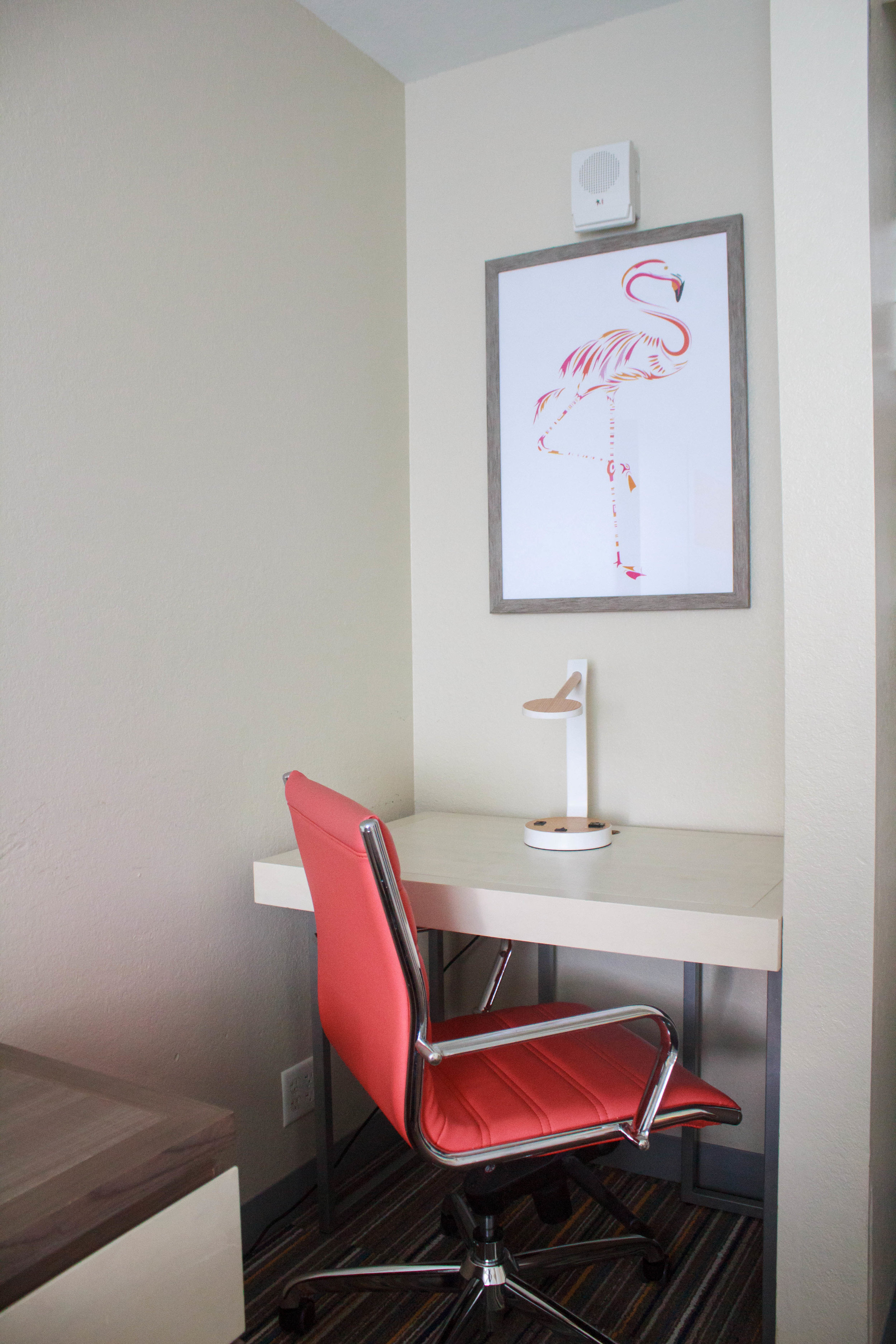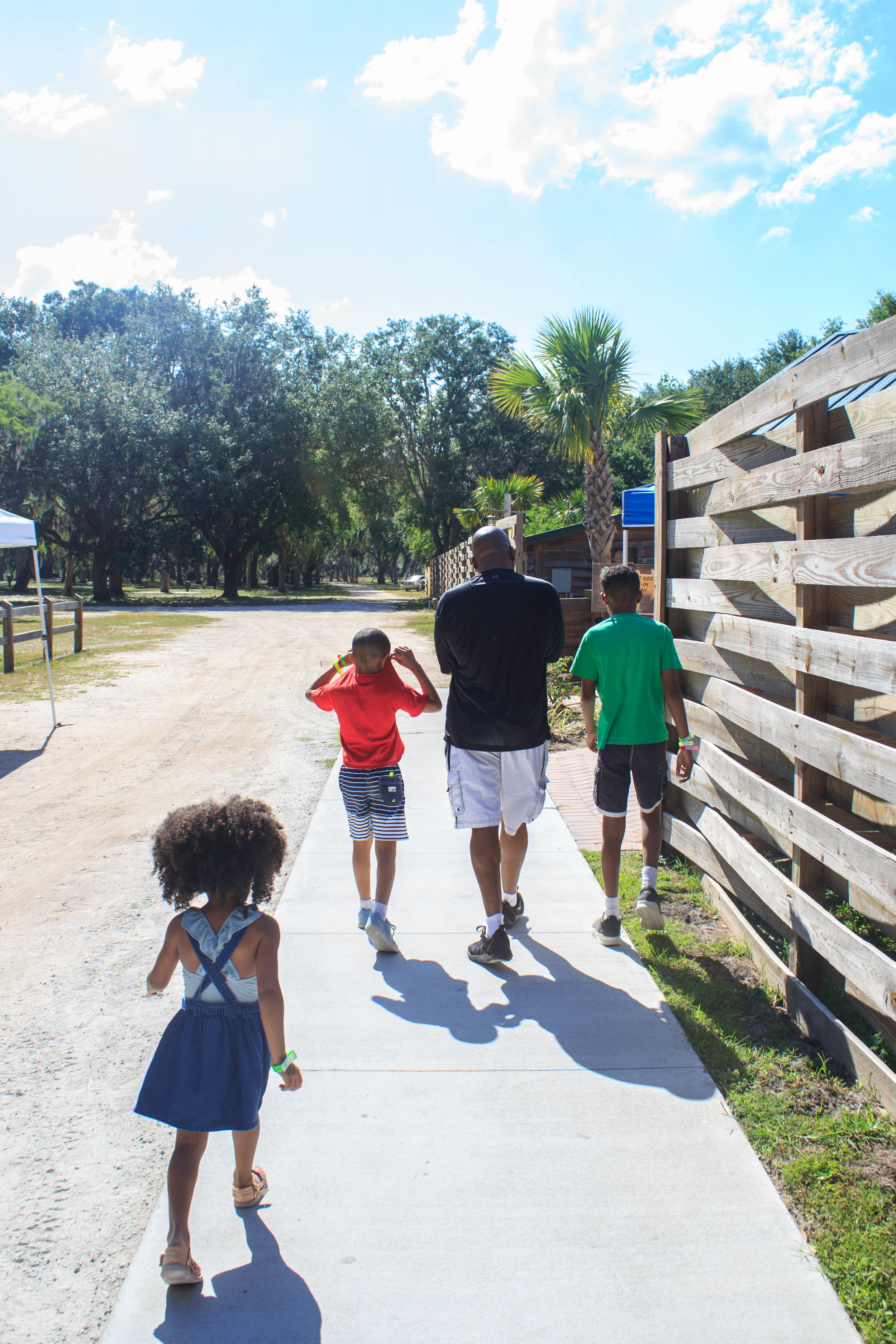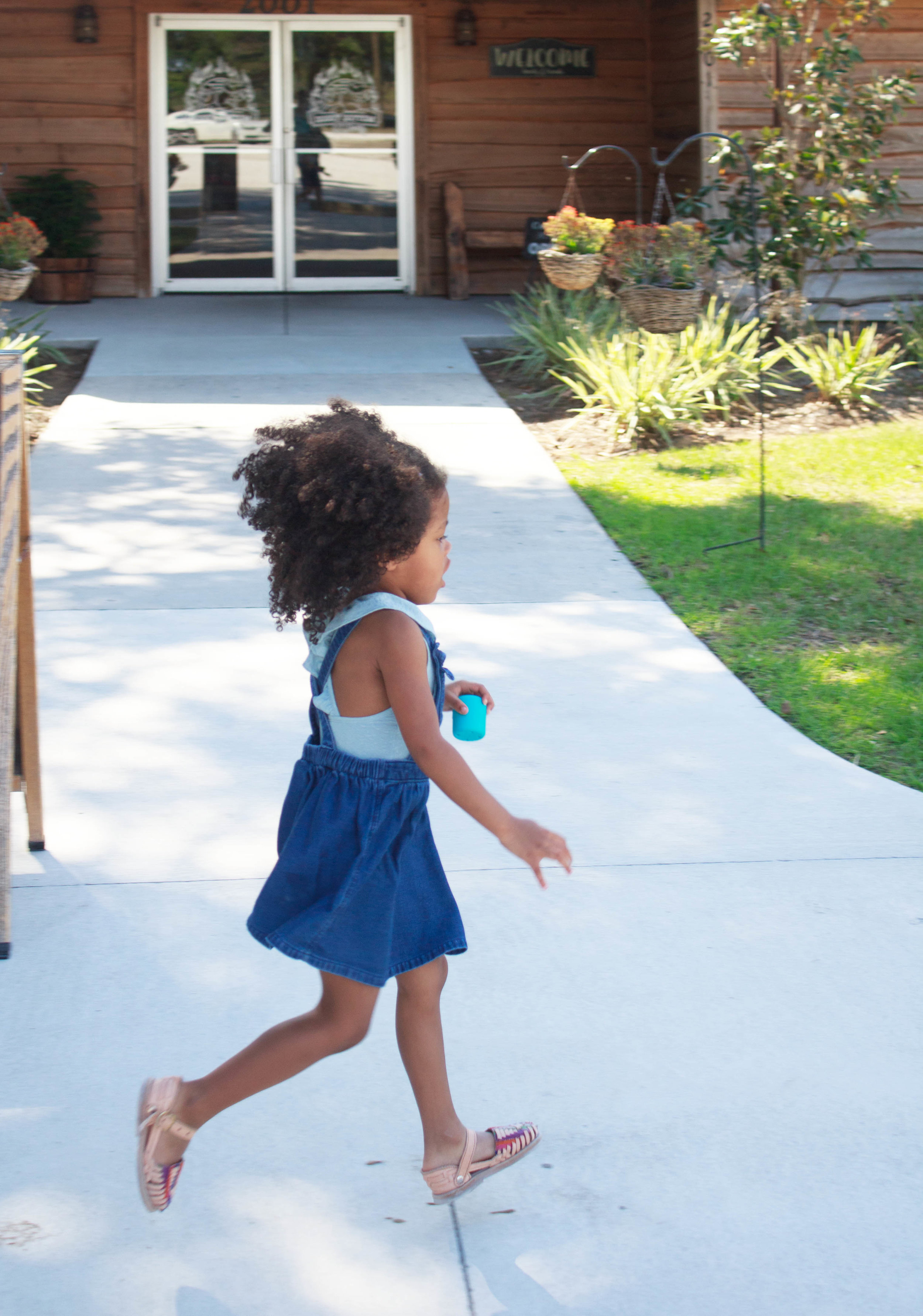How to know if You’re the Difficult One
How do we know if we have a difficult personality, or we just think we do? First, let’s be clear-- everyone has flaws and there is no perfect personality. But if you have a pattern of difficult personality traits, it will usually show up in your relationships. Here are a few ways to tell.
You are the Center of the Drama
Do you you always seem to be at the center of drama and spend a great deal of your time and energy brooding about it? Maybe you always find yourself in conflict with someone at the office, and nearly everyone including your most easy-going colleague has lashed out at you. Perhaps even family or true friends have called you out on your behaviors. Or, they always have to phrase statements a “certain” way for you to understand them, and walk on eggshells around you. If any of these sound familiar, then you may be struggling with difficult personality traits.
Your Relationships Never Go As Planned
If you are struggling with difficult personality traits, it’s probably costing you your relationships. Maybe you have conflicting ideals (e.g., you want people to like you but you also want to be in control), have a rigid way of perceiving situations, and/or have a low tolerance for anyone who does not see things the way you do. While you may have family that will always love you or you’re lucky enough to have some true friends that have stuck around, you likely have a much more difficult time maintaining positive family relationships, friendships, and/or romantic relationships than you would otherwise.
It’s Never You
Perhaps you may feel that others, not you, are the problem. Some with problematic personality traits, including those with traits severe enough to qualify as personality disorder, rarely ever question their behaviors or consider that they may be at fault during a conflict. This can cause quite a few problems, if not for them, then everyone else-- and they probably don’t read articles like this with themselves in mind. On the other hand, you may have come a long darn way in trying to improve yourself and your relationships, which by the way is highly commendable. But you still genuinely struggle with seeing or understanding situations from another’s perspective.
What to Do if you have Difficult Personality Traits
A major difference between those with difficult personality traits and those who are well, less difficult is that at some point, they were distressed by their relationships enough to consider they needed to make some changes to the way they interact with others. And while this process may be difficult, you don’t have to be. Here are some tips to follow.
Thoughts Happen- Be Aware
Sometimes thoughts happen so quickly that they occur below our level of awareness. But just because you aren’t aware of them, doesn’t mean they don’t have a big impact on the way you feel and behave. I remember times when I’d immediately assume someone didn’t like something I said or did and for no particular reason other than fear- fear of being judged or not liked, or fear of having to re-live a negative experience. When we automatically assume the worst, it places us on the defense, and defensive people don’t exactly give off the warm and fuzzies.
Check Your Patterns
We humans are pretty predictable. We can come in contact will all different kinds of people from all over the world but we usually have a limited repertoire of behavioral styles we use to interact with them. And these behaviors are based upon a pattern of thoughts and feelings that drive how we see ourselves, how we see others, and how we see ourselves in relation to others. What are some patterns of thoughts and feelings you notice you have when you meet a new person, are out and about with friends, talking with coworkers, or just spending time with family? It’s important to check the way you think, feel, and behave for any unhealthy patterns you need to break.
Be Adjustable
It’s one thing to understand our unhealthy patterns of interactions, but another thing to know what to do about it. Those with relatively healthy personality traits have learned to adjust their behaviors or empathize more easily than others. But our behavioral patterns are so ingrained in us that it is difficult to change behaviors we know are not good for us, or behaviors that once worked for us. Maybe being defensive worked when you were constantly being attacked, but now that you are no longer around those people, you still respond the same way, even though you don’t have to, and even though it may not be good for you. If you can relinquish some of your rigidity even before you think you’re ready to, you may be pleasantly surprised to find out that you are still okay afterwards.
Try Something New
Once you decide you’re going to start making some adjustments to the way you relate, then you have to decide which behaviors to adjust to. It’s time to consider some new, healthier ways to relate to both yourself and others. Let’ say you have a problem with external validation and need attention, you’ll first want to gain some understanding of the source of these issues and consider healthier ways to satisfy those needs. This isn’t easy to do, and many people opt for professional help to do it, particularly if they’ve behaved the same way for years. But any new behavior starts with a simple decision to do it.
Setbacks are Part of the Process
Usually when we are trying to get rid of old, unhealthy patterns of relating, it takes a minute before we can see some lasting changes. You’ll probably stumble along the way because, let’s face it, you don’t go from being the difficult co-worker in the office to being Mary Poppins in a couple of days. And it’s not so much about how others’ perceive you as much as it is about how you perceive yourself and others, which is typically the root of the problem. If someone says something that triggers you, you may resort to old patterns of relating such as shutting down or attacking. But instead of looking at it like a setback, consider it an opportunity to behave differently next time so you’ll be less vulnerable to others’ slights against you.
Stay Compassionate- You are Not Your Personality Problems
Any changes towards a healthy personality style begins with self-compassion to know that you are not your personality problems. You may feel that way because your personality is so much a part of you. But problematic personality traits are really just unhealthy coping skills you have acquired to help you get through life. Once you can see yourself, with all your good qualities and quirks, as separate from your personality problems it will be easier to shed them. Visualize how you would feel about yourself and others if you did not have to deal with the insecurities and fears that are at the root of your personality problems. Your relationships with others would probably improve because people would see a difference in the way you relate to yourself and them.
These are just a few tips and are not meant to take the place of clinical treatment. If you are struggling with problematic personality traits and relationship problems too severe to handle on your own, try seeking the assistance of a professional. It may be more helpful than you realize.














































